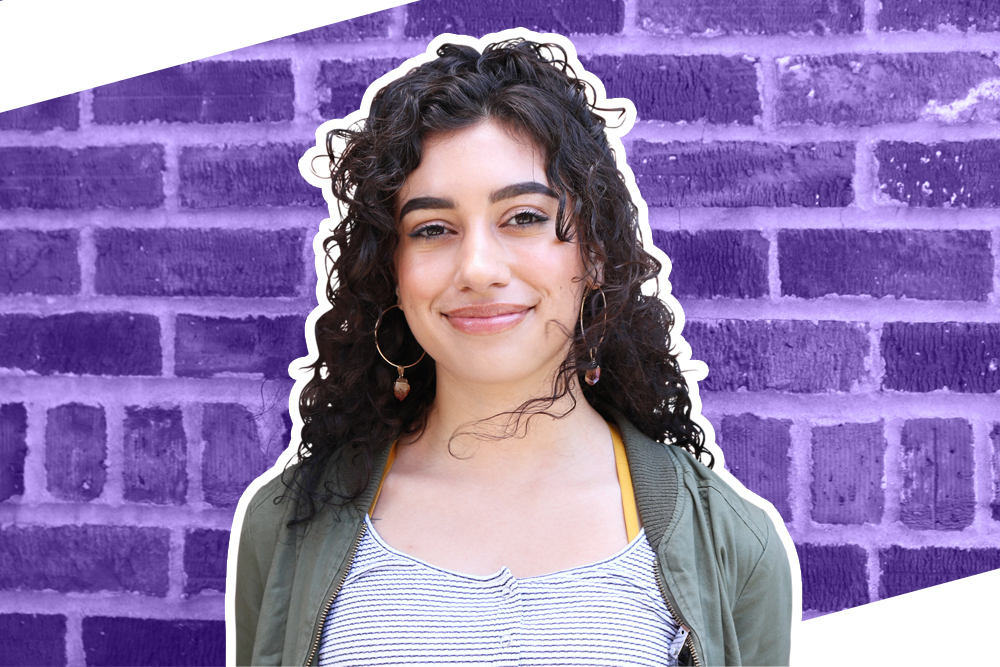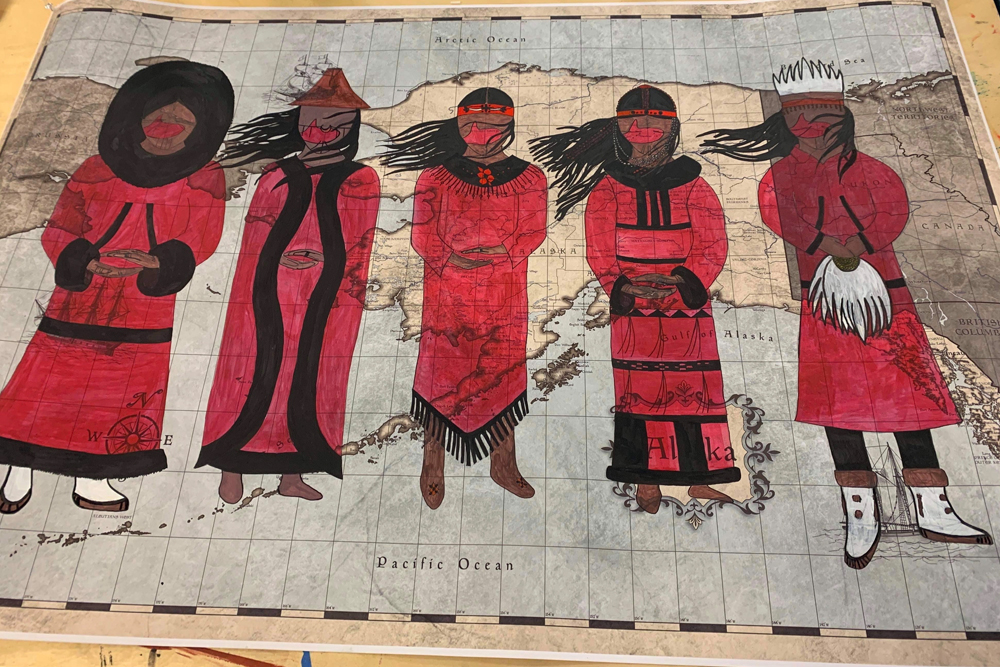
Seven Directions' Indigenous Evaluation Toolkit Training
The Northwest Center for Public Health Practice (NWCPHP) is thrilled to offer Seven Directions’ Indigenous Evaluation Toolkit Training.
Seven Directions was founded in 2016 as the first national public health institute to focus solely on Indigenous health and wellness. It aims to advance American Indian and Alaska Native health and wellness by honoring Indigenous knowledge, strengthening Tribal and Urban Indian public health systems, and cultivating innovation and collaboration.
Indigenous communities have engaged in review and reflection to understand the impact of decisions and activities on community health and wellbeing since time immemorial. The Indigenous Evaluation Toolkit: An Actionable Guide for Organizations Serving American Indian/Alaska Native Communities encourages communities to tell their own stories and reclaim Indigenous ways of knowing as a basis for evaluation, with enhanced health and wellness goals through improved programs and services.
Broadly speaking, Indigenous evaluation refers to the use of Indigenous ways of knowing and deep community involvement when assessing or evaluating an effort’s effectiveness or community impact. Erica Ellis, the Instructional Designer mentioned, “Indigenous evaluation is a complex topic, so collaborating with Seven Directions to create a training that was both accessible and engaging for a wide variety of learners was a great creative challenge. I hope that learners will leave this training with practical tools and a deep understanding of how Indigenous evaluation approaches can be applied ethically and effectively.”
This training translates Indigenous values and knowledge into a cyclical learning process with actionable steps that teams can work through at their own pace. Indigenous evaluation views evaluation as a continuous learning process rather than a one-time reflection of a past state.
“This training is really intended to be done as a team, over a period of time. It’s not something you’re going to power through in a single sitting. So, throughout the training, we include plenty of opportunities for learners to pause and reflect on the material and critically examine their evaluation practices and think about how they can integrate Indigenous methods, said Erica.
NWCPHP encourages all individuals, teams, organizations, and communities seeking a greater understanding of Indigenous evaluation and how to advocate for its use in public health efforts to participate in this training. Participation is encouraged, in particular, from Indigenous communities, Tribes, Tribal Epidemiology Centers, organizations serving Tribal and Urban Indian communities, and organizations based primarily in Western settings that would like to increase understanding of and allyship for Indigenous evaluation.
By the end of this training, participants will be prepared to embark on their Indigenous evaluation journey and advocate for Indigenous evaluation approaches in Western settings.
Learn more about the Seven Directions Indigenous Evaluation Toolkit Training.


